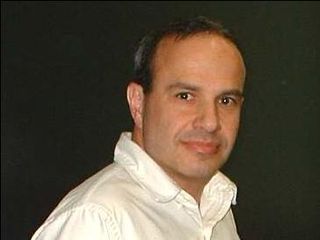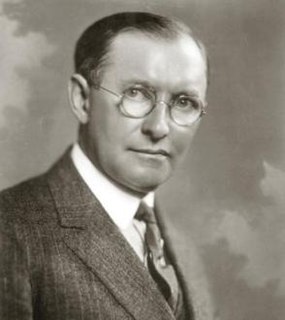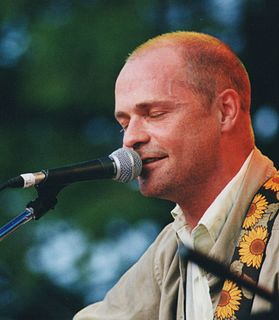A Quote by John Tukey
An approximate answer to the right problem is worth a good deal more than an exact answer to an approximate problem.
Related Quotes
...methods are more important than facts. The educational value of a problem given to a student depends mostly on how often the thought processes that are invoked to solve it will be helpful in later situations. It has little to do with how useful the answer to the problem may be. On the other hand, a good problem must also motivate the students; they should be interested in seeing the answer. Since students differ so greatly, I cannot expect everyone to like the problems that please me.
I used to suspect that in the brain, time is its own representation. I now think the problem is so much more complicated. Initially I was rather impressed by the experiments showing that on complex problems, subjects who are distracted do better in getting an answer than either those who answer immediately or those who spend time reflecting on the problem.
Finally, imagine that you've really worked hard on yourself and become a level 10 person. Now, is this same level 5 problem a big problem or a little problem? The answer is that it's no problem. It doesn't even register in your brain as a problem. There's no negative energy around it. It's just a normal occurrence to handle, like brushing your teeth or getting dressed.


































